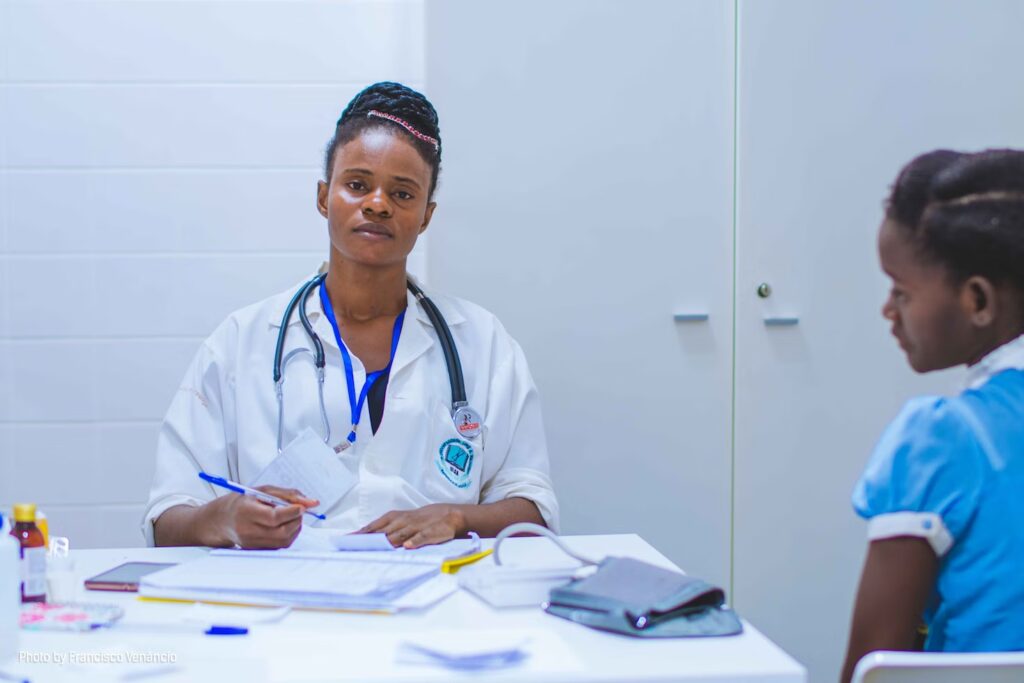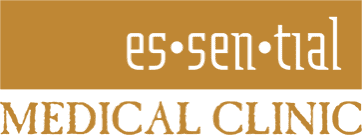Disparities in healthcare are already well documented based on race and ethnicity. It won’t go away anytime soon. Much has been written about the failure of medical professionals and institutions to address this empathy issue, but simple rhetoric and evidence will not lead to substantive change.
Racial and ethnic disparities must be specifically addressed through immediate changes. The following initiatives are necessary to carry out this task.
Improving healthcare by studying the causes and effects of racial and ethnic bias through research

As we already know, there are several reasons for these problems:
- Poverty
- Inadequate access to high-quality healthcare
- Environmental hazards in communities
- Inadequate prevention programs that meet the needs of its residents.
The medical establishment, however, seems to be plagued with unconscious biases, which need to be studied. The medical profession and the patients themselves need the necessary education. Bias affects medical decisions in subtle ways, and medical professionals need to be aware of these detrimental influences on their professional practice.
To make informed decisions about medical treatment, patients need education that makes them act in an active and informed way.
Continuing education should be provided to healthcare professionals from medical school onward. There are racial and ethnic disparities in society, and there are ways to identify and confront them.
Specifically, cross-cultural education programs have been recommended to improve professionals’ awareness of cultural and social influences on health care. In this way, all health professionals can be allowed to obtain, negotiate and manage this information clinically.
Three conceptual approaches to intercultural education

These may have a variety of interactive and experiential methodologies for teaching these approaches.
This focuses on attitudes (cultural sensitivity/awareness); knowledge (multicultural/categorical approach); and skills (intercultural approach).
Research thus far has shown that training is effective in improving providers’ understanding of cultural and behavioral aspects of health care and in establishing more effective communication skills, toward human and personal development.
During medical school, interns and residents receive cross-cultural training as well as physician assistants as part of their continuing medical education courses.
Physicians must personally examine their own practices to ensure that racial bias does not impair clinical judgment. Only medical professionals can identify and overcome bias through self-examination and ongoing objective education.
Medical establishments must create meaningful partnerships with communities if they want to educate the public as well. To build trust with minority communities, schools, churches, faith-based organizations, and local civic groups must partner.
These initiatives must be part of a continuous process that involves participation, dialogue, and feedback; they cannot be viewed as single events.
Where to start?

It is necessary to democratize health. Find various places to participate in early detection, information, and immediate contact with people affected by different diseases:
- advisory councils
- Free screening tests for different diseases
- health fairs
- public education conferences
These are effective methods to engage the target communities. The dialogue must ensure openness, honesty, and mutual respect during these engagements.
Through such sessions, medical professionals will be able to inform the public about the need for medical examinations and clinical research. In addition, the public will be able to express their concerns about various diseases, research protocols, and new drugs.
In periodic evaluations, reviews, and open forums, such a dialogue will provide feedback and comments that allow medical professionals and the public to hear each other’s health concerns. It will be a diverse community, united in the commitment to health, not separated by the ethical and unconscious bias of clinically detached professionals.
Honest and effective communication is the key to building trust and giving patients a sense of control over healthcare decisions.
This honest communication is also expected to dispel myths that circulate within minority communities regarding diseases, medications, and experiments. All people must be seen and properly cared for by health professionals.
Then, patients will be more likely to participate in clinical research and adhere to recommended treatments, with their full consent.
Cultural awareness lessons, ethics discussions, and role-play exercises should be part of any course for a health professional. Current topics should be in constant discussion, in addition to creating different self-reflection forms after each session.
Conclusion

Medical education learning must also maintain continuous learning about empathy and medical professionalism, as well as cultural awareness and the relationship between doctors and patients.
Medical practitioners and medical students may sometimes resent these introductions to the cultural and socioeconomic problems of the faculty. Some even consider that it is nothing more than a waste of time, time that could have been spent studying.
Many medical professionals may find cultural education and professional training soft. Precisely, it treats a smooth ability to deal with patients.
Medical students may also not want to spend time studying a subject that cannot be objectively measured, because they have been trained throughout their academic careers to assess objective performance.
However, it will be necessary to consider humane treatment in the face of the coldness of technology. While the computer can diagnose a person from their symptoms, it doesn’t have the experience or cultural knowledge to treat them as well, beyond identifying their disease. The empathic capacity of a doctor makes him unique; without it, they would simply be highly capable computers.
In medical education, the challenge is to make the information relevant in order to engage the relevant professionals. This type of education may not immediately be perceived as valuable. However, it is necessary to contribute greatly to improve the ability to empathize and be a professional in the field of medicine, to approach effective and trained communication.


